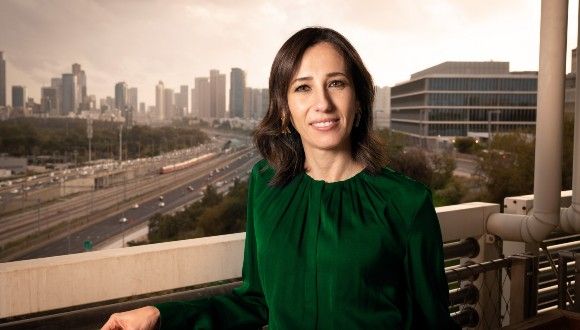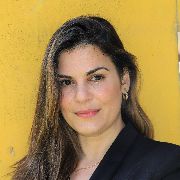Promoting Understanding through Architecture
Dr. Fatina Abreek-Zubiedat, a new recruit at TAU’s Azrieli School of Architecture, David and Yolanda Katz Faculty of the Arts, researches how architecture shapes identity, politics and socio-economic currents in cities, especially in developing countries and marginalized societies.
“Architecture is the fundamental basis of identity. It shapes the narrative of an area and its functionality,” she explains. “Finding the roots of this narrative helps us understand why a city’s infrastructure, roads and buildings are created in a certain way and why we need to invent new tools to build a more equitable world. For example, roads are not just roads; they can connect, or they can separate.”
Abreek-Zubiedat is the first Arab faculty member at the School. A fellow of the Neubauer Foundation’s Israeli-Arab Academic Career Pathways Initiative at TAU, she will soon be opening her Lab of “Urban Histories in Transition” at the School.
“Amid geopolitical unrest, refugee migration and the climate crisis, architects must play an active role in shaping the world. Architecture can move us closer to understanding each other, beyond the narrow, disconnected histories of national conflicts,” says Abreek-Zubiedat. Similarly, she hopes that students get to know “the other”—peers from diverse backgrounds and ethnicities—in her classroom and thus become agents of societal change.






